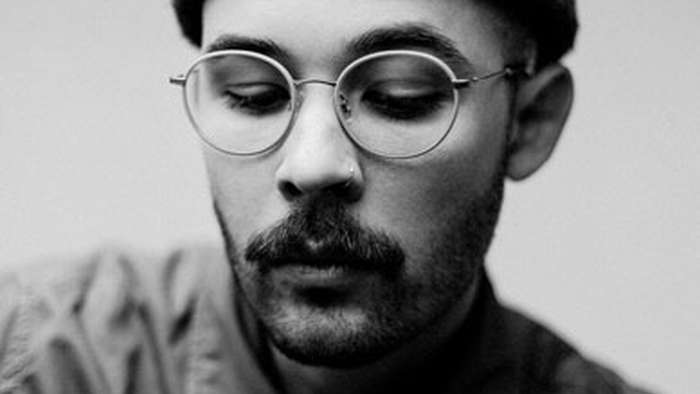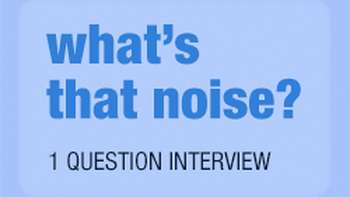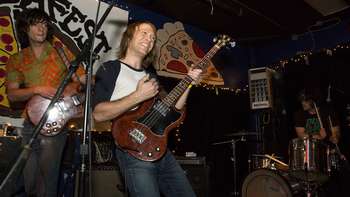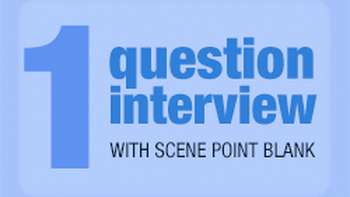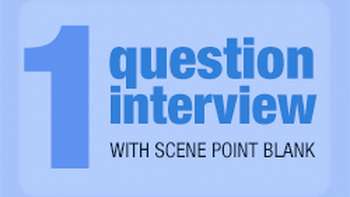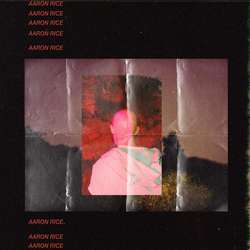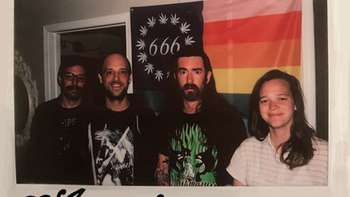Having started out in bands and working in collaboration with other musicians, Minnesotan musician Aaron Rice decided to strike out on his own in 2015, and last May he released his first solo material in the form of his engrossing LP Neverfade/For Dusk. The album is propelled by buoyant synths, with Rice’s emotive vocals and lyrics acting as a salve as he trudges through the deluge of a relationship breakdown over the course of the album’s nine tracks.
Neverfade/For Dusk was primarily written in Los Angeles, while the album was mixed by experimental ambient composer Grant Cutler in Brooklyn, and SHIELDS contributed to production in Minneapolis. The album displays a degree of finesse that allows the music and vocals to breathe, with the echoing synths and building basslines creating an ethereal world that you can easily sink into.
Similarly, Rice’s videos flirt with a surreal element as a white-clad trio, wearing white turtlenecks and balaclavas, form a slightly menacing but boyband-esque presence, who are equally at home with posing on the beach, as they are burgling a house. Much like the album itself, the trio’s role is kept ambiguous, but this only adds to the intrigue of Rice’s music.
Rice took some time out to talk to Scene Point Blank about the artwork for Neverfade/For Dusk, writing the album in LA, and how working as a solo artist compared to working in his previous band, Aaron & the Sea.
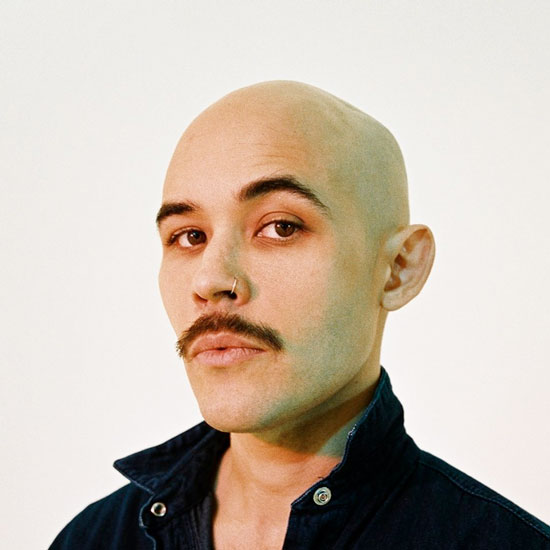
Scene Point Blank: The cover art for your records tend to feature paper with creased lines going through it, can you tell me about the idea behind this?
Aaron Rice: The cover art was all my homie Erica Hernandez. I can’t speak to her initial intentions, because she produced the art without having heard the album, and without me asking her to make any cover art. She sent me a few pieces after a shoot we did together, and they felt perfect: sunset, mystery, longing. I also love the textures she created -- I think that's tough to pull off in digital art.
Scene Point Blank: What is the significance of the white-clad trio that feature in your videos for "Heartthrob Mob" and "Ghosttown", and will they feature in any of your future videos?
Aaron Rice: Thomas Francisco has a really great theory about the characters, called The Beachwood Boyz, representing the id, the ego and the super-ego. I like his theory. There aren’t immediate plans for a Beachwood Boyz reappearance, but I think of them often.
"I tend to gravitate towards music and movies and books that pull me out of reality, and still make me feel something real."
Scene Point Blank: You wrote Neverfade/For Dusk in LA. What impact did this have on your songwriting process?
Aaron Rice: It felt like being there gave me permission to make whatever I wanted to make. It seems a little dumb that I had to venture far away to a giant city to feel that, but at least since leaving LA I haven’t lost that feeling. I also met a lot of lovely creative people who were all very engaged with and motivated in whatever art they were pursuing. I often find I’m more focused when immersed in a community like this.
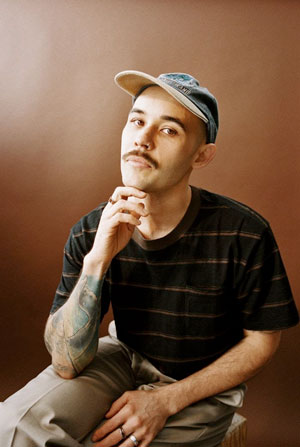 Scene Point Blank: Considering the atmospheric title of your album, is there any particular time period during the day or night where you find it easier or preferable to write?
Scene Point Blank: Considering the atmospheric title of your album, is there any particular time period during the day or night where you find it easier or preferable to write?
Aaron Rice: I like to start songs when I’m falling asleep at night. When I’m drowsy my thinking is way less logical, less linear. The morning is good for building out ideas and revision. Weekend nights are great for making beats.
Scene Point Blank: Your songs transcend a variety of different atmospheres, and it's especially apparent on "One Week". Did you go into the recording process with a defined idea of what the album would become and the mixture of sounds it would contain, or did it develop over time?
Aaron Rice: “Ghosttown” and “One Week” were the first two soundscapes to come into existence, and those were mostly instinctual. It felt right to use that pair as a palette for the rest of the album. I tend to gravitate towards music and movies and books that pull me out of reality, and still make me feel something real. I wanted the album to feel like that -- otherworldy, surreal.
Scene Point Blank: How did working on this album compare to your previous work with Aaron & the Sea?
Aaron Rice: This work is way more personal and vulnerable.
Scene Point Blank: You've previously described the album as being "a retreat from a feeling of helplessness", how important do you feel this is considering the current state of world affairs?
Aaron Rice: Retreating is probably the wrong thing to do right now, but anything that encourages imagination or helps anyone find solace seems pretty good.
Scene Point Blank: What do you hope people will take away from Neverfade/For Dusk?
Aaron Rice: I’d be happy to hear whatever anyone takes away from it.
